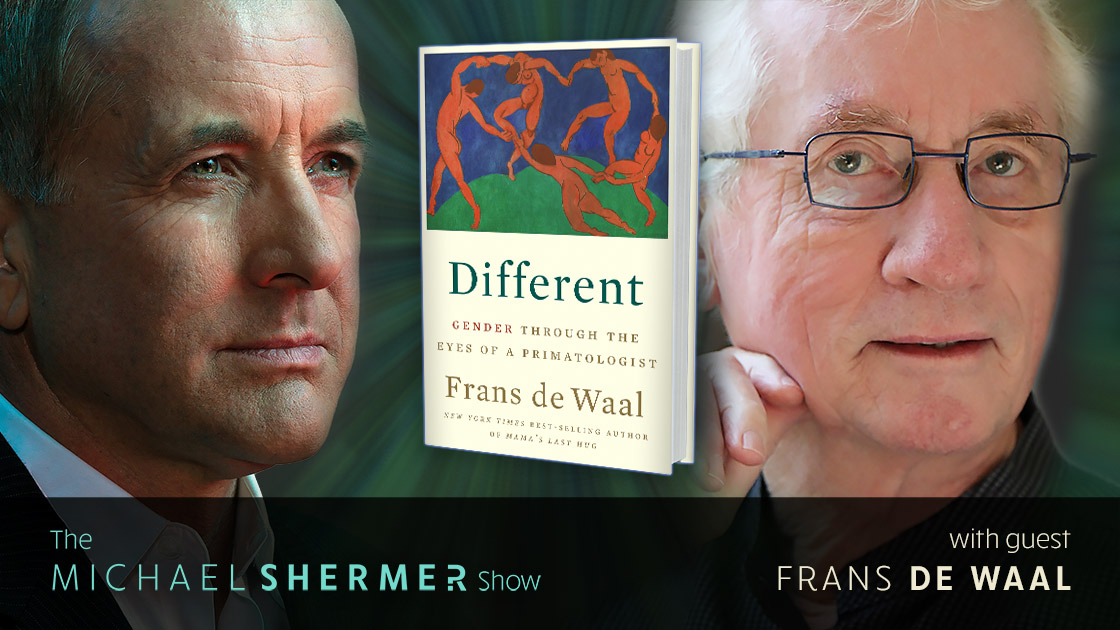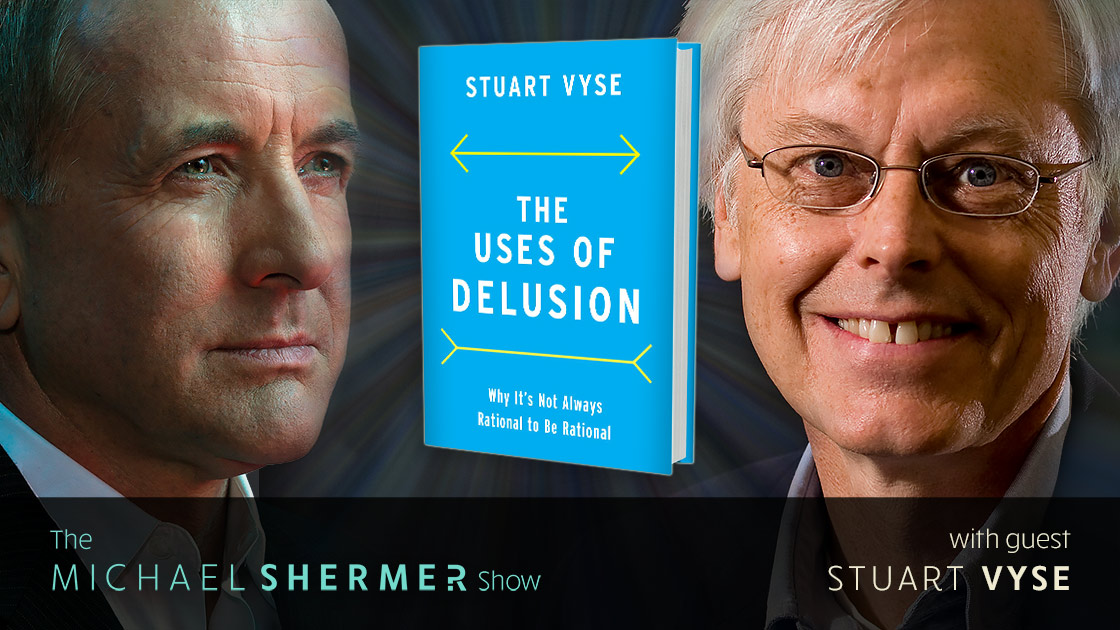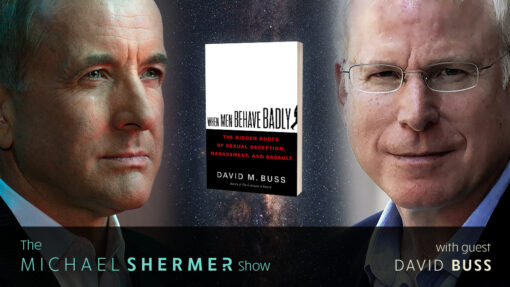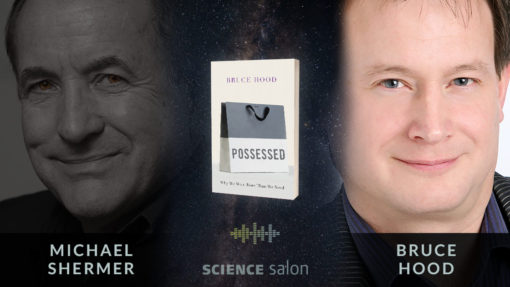behavioral psychology

Shermer and Shrier discuss: Irreversible Damage redux: WPATH Files • what view this book for or against • what is the problem to be solved? • theories: coddling, social media, screen time, generations/life history theory • good and bad therapists and therapies • anxiety, depression, suicidal ideation, autism • ACE (Adverse Childhood Experience) • trauma, stress, PTSD • anti-fragility and resilience • Goodwill Hunting view of therapy • previous quack therapies and psychological pseudoscience that have plagued psychology and psychiatry.

When you drive past any American school, you’ll see signs telling you to reduce your speed and declaring the area to be a “drug-free zone,” with draconian penalties for violators. While we can all agree on keeping drugs away from school children, drugs are not the only thing we keep out of schools. Unfortunately, when […]

What is gender? How different are men and women? Are differences due to biological sex or to culture? How do they compare with what is known about our fellow primates? Do apes also culturally learn their sex roles or is “gender” uniquely human? Michael Shermer and Frans de Waal discuss sexual orientation, gender identity, and the limitations of the gender binary, exceptions to which are also found in other primates.

Michael Shermer speaks with psychologist and behavioral scientist, Stuart Vyse, about aspects of human nature that are not altogether rational but, nonetheless, help us achieve our social and personal goals. In his book, and in this conversation, Vyse presents an accessible exploration of the psychological concepts behind useful delusions, fleshing out how delusional thinking may play a role in love and relationships, illness and loss, and personality and behavior.

Michael Shermer speaks with American psychologist Dr. Frank J. Sulloway about the relative roles of genes, environment, hard work, and luck in how lives turn out. For decades, Dr. Sulloway has employed evolutionary theory to understand how family dynamics affect personality development.
Michael Shermer speaks with American psychologist Dr. Frank J. Sulloway about the relative roles of genes, environment, hard work, and luck in how lives turn out. For decades, Dr. Sulloway has employed evolutionary theory to understand how family dynamics affect personality development.

A review by Dr. Harriet Hall of Abigail Shrier’s 2020 book Irreversible Damage: The Transgender Craze Seducing Our Daughters was originally published on Science-Based Medicine’s website and later removed and put under review by SBM’s Editors “due to concerns expressed over its scientific accuracy and completeness.” Skeptic is publishing here because, if skepticism means anything, there are no sacred cows, no political sensitivities of topics to prohibit open discussion and review, no censorship of ideas that don’t toe a political…

In episode 181 of Michael Shermer’s podcast, Michael speaks with professor of psychology David Buss about sexual conflict, morality, and the double standards that flourish even in the most sexually egalitarian cultures on earth. Buss shows that this “battle of the sexes” is deeper and far more pervasive than anyone has recognized, revealing the hidden roots of sexual conflict — roots that originated over deep evolutionary time.
In episode 181 of Michael Shermer’s podcast, Michael speaks with professor of psychology David Buss about sexual conflict, morality, and the double standards that flourish even in the most sexually egalitarian cultures on earth. Buss shows that this “battle of the sexes” is deeper and far more pervasive than anyone has recognized, revealing the hidden roots of sexual conflict — roots that originated over deep evolutionary time.

Carol Tavris avers that organizations’ Codes of Conduct that try to specify each and every possible behavior they wish to prohibit (or encourage), will find themselves in linguistic and psychological quicksand.
In Science Salon # 104 Michael Shermer speaks with Judith Finlayson about her book You Are What Your Grandparents Ate: What You Need to Know About Nutrition, Experience, Epigenetics and the Origins of Chronic Disease. PLUS: Carol Tavris avers that organizations’ Codes of Conduct that try to specify each and every possible behavior they wish to prohibit (or encourage), will find themselves in linguistic and psychological quicksand.

Psychologist Bruce Hood explains why our uniquely human preoccupation with ownership governs our behavior, even when it is often irrational, and destructive. Possessed is the first book to explore how ownership has us enthralled in relentless pursuit of a false happiness, with damaging consequences for society and the planet — and how we can stop buying into it.
In Science Salon # 81, Michael Shermer speaks with award-winning University of Bristol psychologist Bruce Hood about his brand new book, Possessed: Why We Want More Than We Need, which draws on research to explain why our uniquely human preoccupation with ownership governs our behavior from the cradle to the grave, even when it is often irrational, and destructive.
Dr. Raymond Barglow discusses three mistaken approaches to the opioid epidemic in this article that appeared in Skeptic magazine 24.1 (2019). Plus, Michael Shermer dialogues On Freedom with New York Times bestselling author Cass Sunstein.

Dr. Raymond Barglow discusses three mistaken approaches to the opioid epidemic in this article that appeared in Skeptic magazine 24.1 (2019).
How do arguments for evolution used by mainstream scientists differ from arguments employed by creationists and proponents of Intelligent Design? Ralph M. Barnes sheds some light on this question in this article from Skeptic magazine 23.4 (2018).

Why are clocks in Germany so accurate while those in Brazil are frequently wrong? Why do New Zealand’s women have the highest number of sexual partners? Why are “Red” and “Blue” States really so divided? Why is the driver of a Jaguar more likely to run a red light than the driver of a plumber’s van? Why does one spouse prize running a “tight ship” while the other refuses to “sweat the small stuff?” Cultural psychologist Michele Gelfand provides answers.
Are abused children doomed to repeat the crimes of their abusers? In this week’s eSkeptic, Carol Tavris examines our intuition about the “cycle of abuse.”

Are abused children doomed to repeat the crimes of their abusers? In this column, Carol Tavris examines our intuition about the “cycle of abuse.”

When it comes to understanding sexual orientation “nobody knows anything” is a pretty close assessment. In this column from Skeptic magazine 21.3, Carol Tavris explores various notions and definitions of sexual orientation.
NEXT →





















